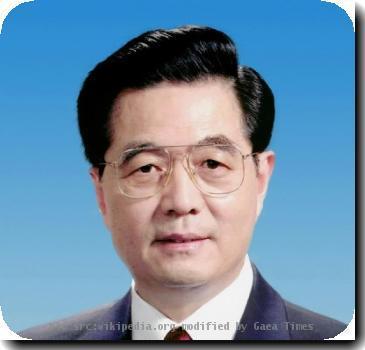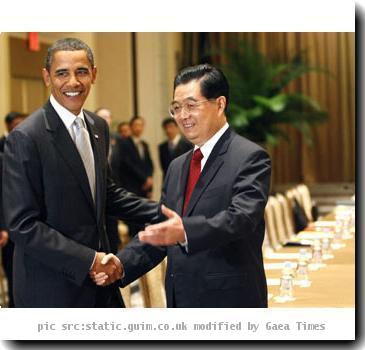Macau celebrates 10th anniversary of return to Chinese rule
By Jeremiah Marquez, APSunday, December 20, 2009
Macau marks 10 years of Chinese rule
MACAU — Macau celebrated its 10th anniversary of Chinese rule Sunday, a decade marked by the extraordinary transformation of the once seedy Portuguese colony into a glitzy international gambling capital.
The tiny territory, best known as a dingy casino town in the past half-century of its 400-year history as a Portuguese colony, returned to Chinese rule on Dec. 20, 1999, as its economy was shriveling and warring Chinese gangs were frightening away tourists.
Since then, violence has subsided and the economy has exploded. The one place in China where gambling is legal, Macau boomed after the government broke up a local company’s long-standing monopoly seven years ago and started welcoming U.S. gambling powerhouses such as Wynn Resorts, Las Vegas Sands and MGM Mirage.
As the operators built one flashy casino resort after another, gamblers showed up by the millions — the overwhelming majority of them from mainland China — and profits surged. By 2006, the enclave less than one-sixth the size of Washington, D.C., had surpassed the Las Vegas Strip as the world’s most prosperous casino center.
Chinese communist rule had turned Macau into a gambling Mecca.
“It’s always been clear Macau’s proximity to China was favorable, but the liberalization of the casino industry has succeeded beyond anyone’s expectations,” said Jonathan Galaviz, an independent gaming and tourism consultant.
“If you said 10 years ago that Macau would have accumulated billions of billions of new capital dedicated to one industry and thrived like this, few would have believed you,” he said. “Now it’s clear Macau is an economic success story.”
On Sunday, Chinese President Hu Jintao celebrated Macau’s economic success as he swore in its new leader, Fernando Chui, who was selected by a 300-member committee.
Sensitive to criticism that the territory’s newfound wealth had not benefited everyone, both leaders stressed the importance of diversifying the local economy.
Macau saw several relatively large worker protests in 2007, with locals upset about the influx of immigrant labor and corruption. In 2008, a former transportation and public works secretary was sentenced to 27 years in jail for taking millions of dollars in bribes.
Chui made scant mention of the casino industry in his inaugural speech except to say he would step up its oversight. He did not elaborate.
“In the next five years, we will actively promote the diverse economic development of Macau,” he said. “While we strengthen the regulation of the gambling industry, we will also support the advancement and transformation of the convention, logistics, cultural and traditional industries.”
Hu urged Macau to maintain a transparent government and pay attention to the “comprehensiveness, coordination and sustainability” of its economy.
Macau’s casino industry has had to weather fluctuations in the global economy.
Toward the end of 2008, the industry started to cool as the economic crisis took hold and Chinese visa restrictions slowed the influx of gamblers. Revenues swooned, multibillion-dollar casino projects were halted and thousands of workers were laid off.
But the casinos, thanks largely to the strength of mainland China’s stimulus-primed economy, are teeming once again. In October, Macau posted its best month ever, raking in $1.59 billion in gambling revenues. That was about double Nevada’s $800.3 million take during the period, according to government figures.
The man who used to hold the monopoly on Macau’s casino industry, Stanley Ho, made his first public appearance in months at Chui’s inauguration. The 87-year-old billionaire had undergone surgery in August but did not disclose what the procedure was for. Ho left Sunday’s ceremony in a wheelchair, pushed by his son, Lawrence, also a gambling executive.
Unlike neighboring Hong Kong, which has a thriving pro-democracy opposition, Macau has traditionally been strongly pro-China and has little in the way of political dissent.
On Saturday, it turned away a Hong Kong opposition legislator and several other activists who planned to stage a protest demanding direct elections for Hong Kong. The Macau government had no immediate comment on the denial of entry.
Tags: Asia, China, East Asia, Gambling Laws And Regulations, Government Regulations, Greater China, Hong Kong, Hu Jintao, Las Vegas, Macau, Nevada, North America, United States

